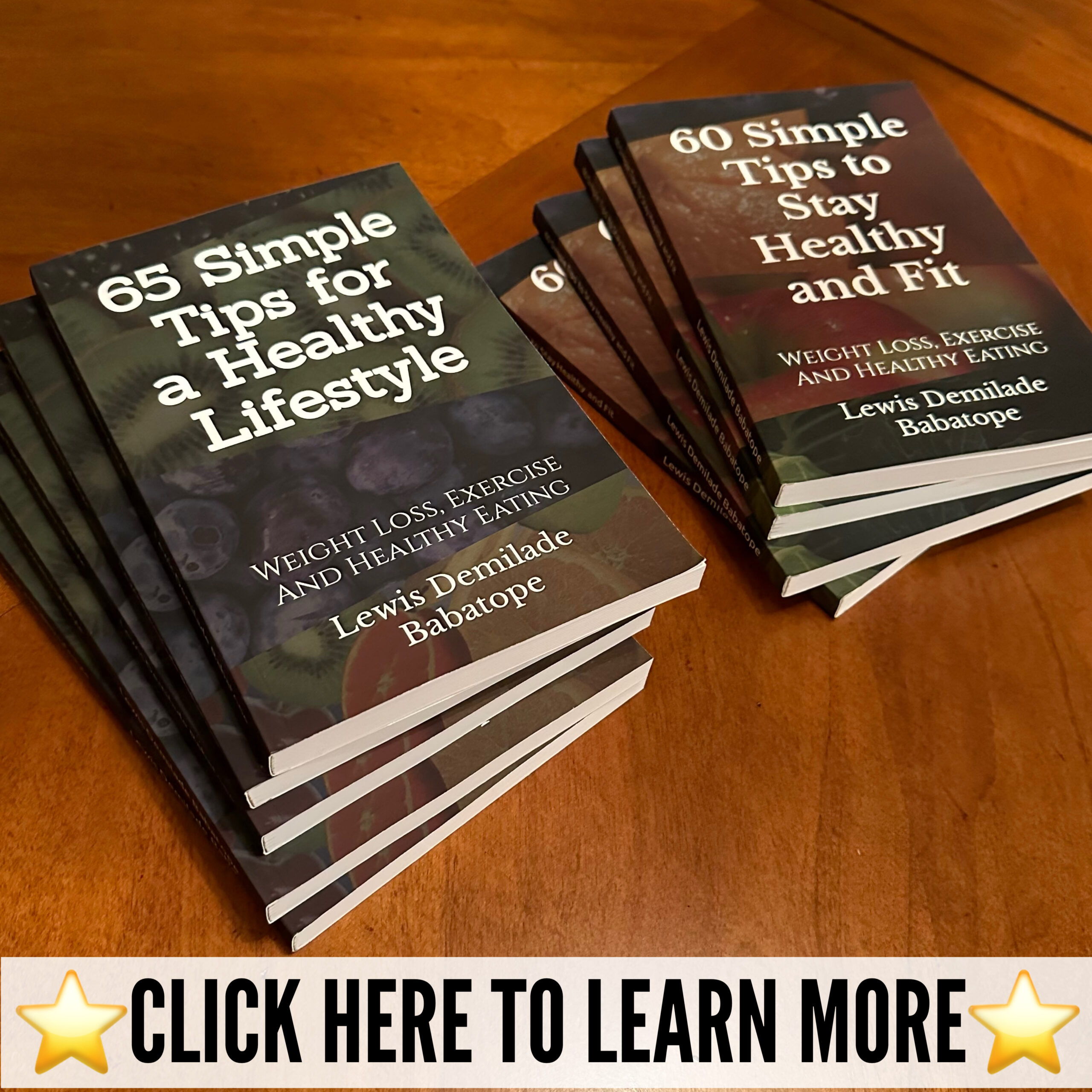The Number One Thing You Need to Know Before Starting a Diet

It’s that time of year again, where you start see hundreds of articles and social media posts about getting your “bikini” body ready for summer. You start to think maybe you shouldn’t have indulged so much over the holidays. You wish you could just find a balance between enjoying yourself with friends and having the body you want. Even though you know negative self-talk is not helpful, you just can’t help it. It’s so easy to feel the pressure to get the weight off quickly, especially after seeing one of these “get ready for summer” plans or articles.
Not only do these messages make you feel bad, their focus is usually to achieve the “bikini” goal as quickly as possible. The only way to get there fast is to start an extreme diet and intense workout regimen. Also, this type of program usually has end point or finish line, 30 days or by the beginning of summer, where you will achieve all those goals.
But, what happens once you have reached the goal? What happens the 30 days after the “strict” diet and exercise program? Most of these diet plans don’t talk about what you’re going to do after the diet ends to maintain the weight loss. And maintenance, for most people, is the hardest part.
The thing is, hard core dieting, or thinking you will eat chicken and broccoli exclusively the rest of your life, doesn’t work. Even though the media is telling you that you can achieve these goals in 30 days, after the diet is over you still have your whole life to live. No one wants to live a life of hunger and restriction, and honestly, you can’t. So, what do we do instead of jumping on the latest bikini body plan?
First, there is something you need to understand about how your body works. Strict dieting and extreme exercising puts the body into a state of stress. Even just constantly thinking about dieting, exercise, or being unhappy about how you look leads to stress. Our bodies are unable to differentiate between physical stress, let’s say being chased by a tiger, or emotional stress, such as feeling ashamed about how you look. It reacts to both types of stress in the same way by releasing stress hormones that tell the body to hold on to extra water and fat, exactly the opposite of what you are aiming for.
Stress also affects digestion and slows your metabolism. Nutrients from food will not be absorbed properly, leading to weight gain. When the body is under severe stress, the metabolism slows to save calories in order to keep you alive as long as possible. The body wants to be sure you have enough stored calories to make it to the next meal, since it really isn’t sure when that will come.
A history of strict dieting creates a stressed out body that doesn’t know if it will be fed or if it has to starve because of another diet. It doesn’t know if you are going to put it through a crazy workout or take it to a relaxing yoga class. It can’t really trust that it is going to be cared for consistently because of what it has experienced so far. This is very stressful for a body that has the primary goal of maintaining homeostasis, or balance. It wants to know what to expect, so it can maintain balance. It works hard to do so under all the extreme pressures it is under.
So, your body is under stress and doesn’t trust you, therefore its only option is to protect itself. In most cases, it will begin to retain water and fat at every opportunity because it is preparing for the next starvation period. Your reaction is to reduce calories even more, creating a power struggle between you and your body. But, it’s just doing what it was designed to do, keep you alive.
At the end of the day, your body wants to work with you, not against you. But, you also need to work with it by giving it what it needs. First, understand that its primary goal is to keep you alive. In order to do that it needs nourishing food, movement, sleep, and some way to release emotional stress. By teaching your body over a period of time that it can expect these things from you, it will begin to naturally release the weight and excess water. It will feel safe, well-nourished, and rested. As your body begins to trust you, you will no longer have to force it to do anything.
You and your body will begin work together to nourish your way towards your ideal body, which is defined only by you. So, the next time you think about jumping on the “bikini body” bandwagon think about what type of plan is truly sustainable and realistic for your lifestyle, preferences, and goals. Think long-term and ask yourself if you can sustain this plan for six months, a year, or your whole life. Does this way of eating and exercising allow you to live a lifestyle that you enjoy? Does it include foods you like to eat? If you hate kale, don’t eat it, choose another healthy vegetable you do enjoy instead.
Next time you see a message about how to get a beach body, stop to think before spiraling into shame. Remember that even if you do achieve your goal in 30 days, the amount of stress placed on your body will just cause the mistrust to continue. Instead, spend those 30 days fueling your body and focusing on self-discovery and self-love.
